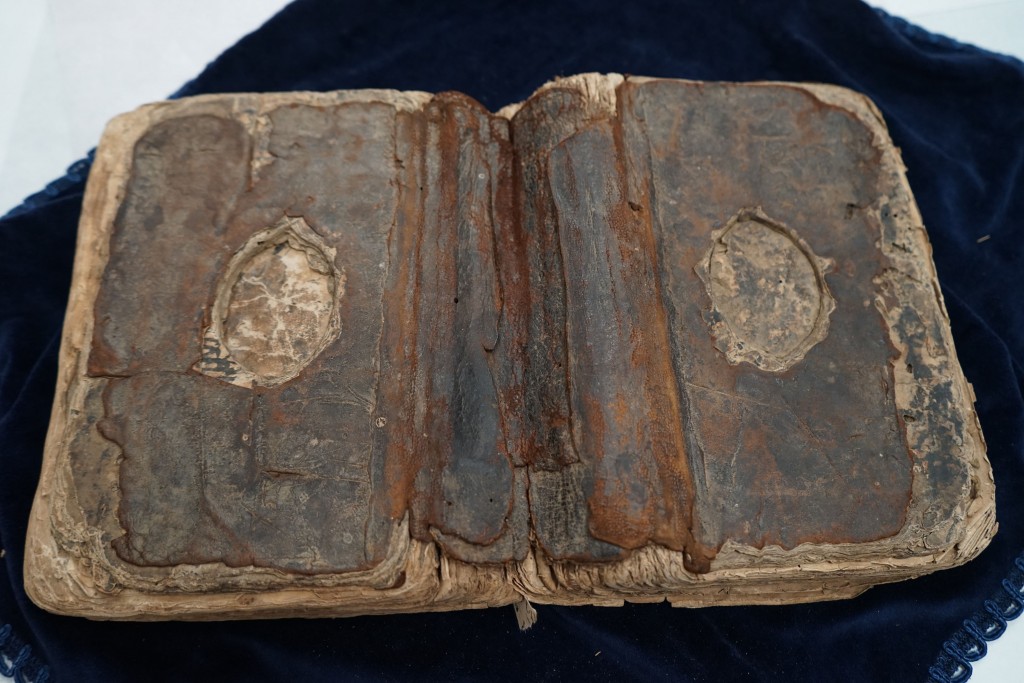Writing on things
If someone is investigating texts, they can concentrate on the subject / content / style / linguistic nature of the writing. Increasingly, however, scholars have begun to concentrate on the objects and materials on which the writing takes place. From this, they tease out all sorts of interesting information about the social, political, and economic aspects of the texts. A new book on this topic is Thomas Kelly's The Inscription of Things: Writing and Materiality in Early Modern China (New York: Columbia University Press, 2023).
Why would an inkstone have a poem inscribed on it? Early modern Chinese writers did not limit themselves to working with brushes and ink, and their texts were not confined to woodblock-printed books or the boundaries of the paper page. Poets carved lines of verse onto cups, ladles, animal horns, seashells, walking sticks, boxes, fans, daggers, teapots, and musical instruments. Calligraphers left messages on the implements ordinarily used for writing on paper. These inscriptions—terse compositions in verse or epigrammatic prose—relate in complex ways to the objects on which they are written.
Read the rest of this entry »

